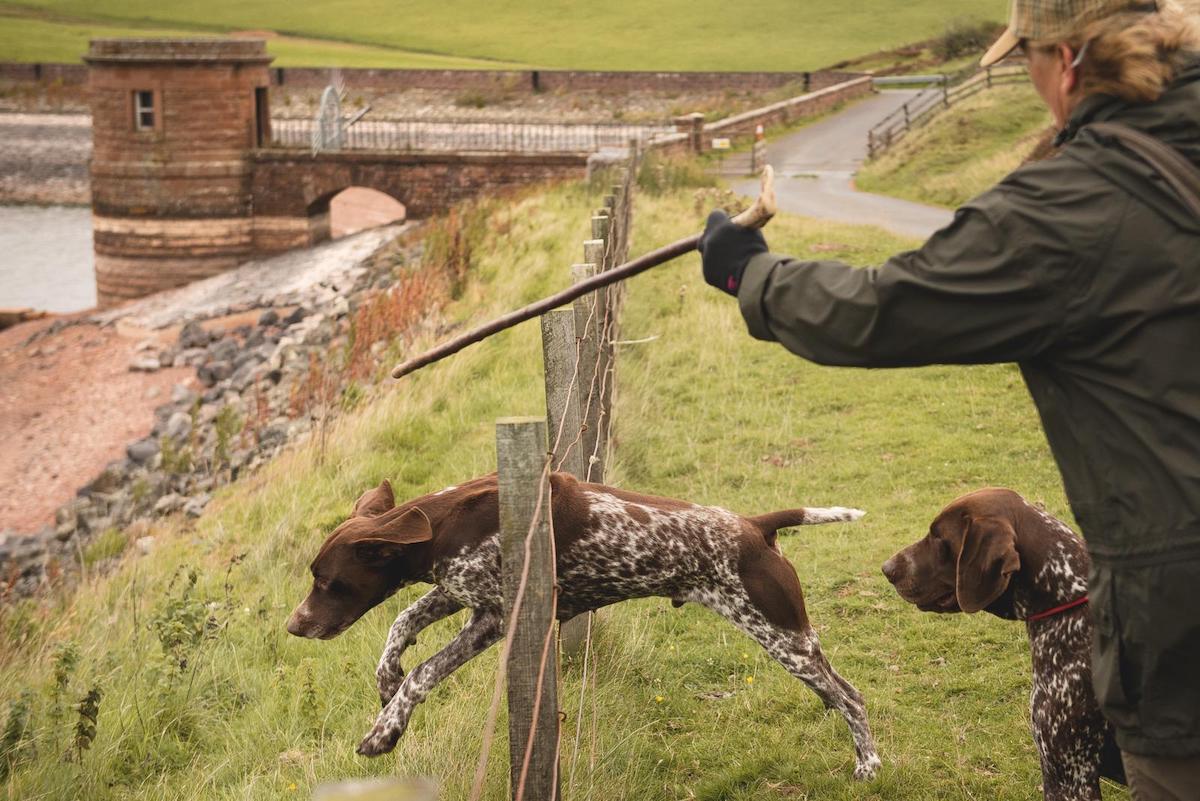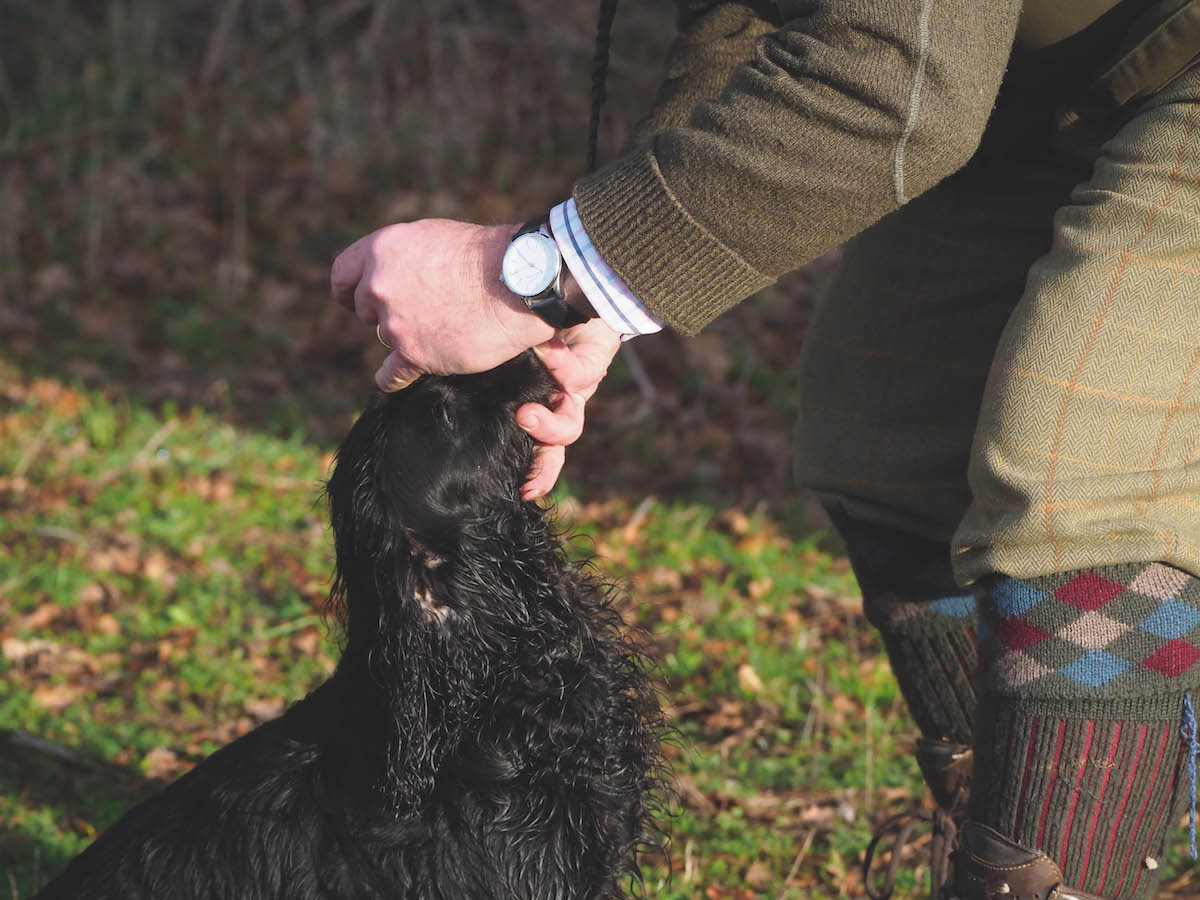Should I have my springer spaniel puppy castrated?
A male puppy has started trying to mount bitches. What should the owner do?

Spaniels can be prone to ear problems
Q: I have a nine-month-old male springer spaniel puppy that has recently started trying to mount bitches even though they are not in season. I have been told it might be best to have him castrated. What would you advise?
A: Before deciding on puppy castration, it is important to understand what the procedure achieves and how likely it is that castration will modify or eliminate the undesirable behaviour.
Castration involves removal of the testes, the main source of testosterone in males. Testosterone does not directly cause behaviours but it does increase the likelihood that certain behaviours will occur, such as the excessive mounting of other dogs. Whether or not castration will stop this behaviour will depend on a number of things.
https://www.instagram.com/p/BjVJskAHi1s/?hl=en&tagged=springerspanielpuppies
Is it really testosterone related?
Obviously, it will depend on whether or not the behaviour is influenced by testosterone. Many such problems are not influenced by testosterone at all. Mounting can occur for other reasons, including frustration and anxiety, and can constitute a part of normal male adolescence.
It will also depend on how long your dog has been showing the problem behaviour. Learning increases the likelihood of a dog continuing to show a particular behaviour after castration. To help overcome the problem of learned behaviour, you should introduce reward-based training and appropriate mental and physical stimulation. Distract the dog and make sure you reward the alternate behaviour and avoid rewarding your dog for mounting by giving him attention.
Why you should beware of early neutering
David Tomlinson recently wrote about the physical downsides of early neutering for dogs of either gender, but the behavioural effects…
Should you neuter your dog?
Neutering dogs has become such routine practice that I’m sure many people don’t give it a second thought. Bitches always…
A reversible indicator of castration
You might also talk to your vet
about using the drug deslorelin acetate. Deslorelin is one of the best reversible indicators of the effect of castration, so it can be used to assess the potential behavioural effects of surgical castration. Testosterone levels will initially increase after implantation under the skin but they then start to fall and reach typical post-castration levels in about four to six weeks.
If this reduces your dog’s tendency to mount other dogs you can be more confident that castration will be effective.










